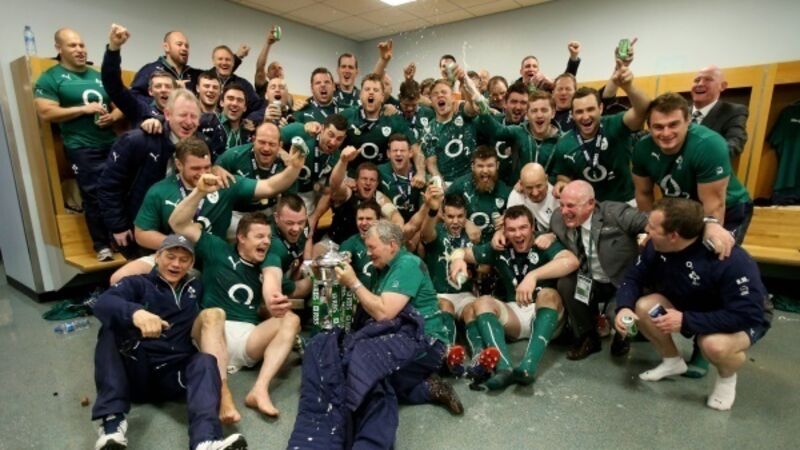BOD is the definition of an Irishman

The retrospective arrangement, Joyce called it. All the choices, all the decisions — everything is vindicated by the right result at the end.
Last Saturday night in Paris is a good example, but not just in terms of game plans and tackling technique.















